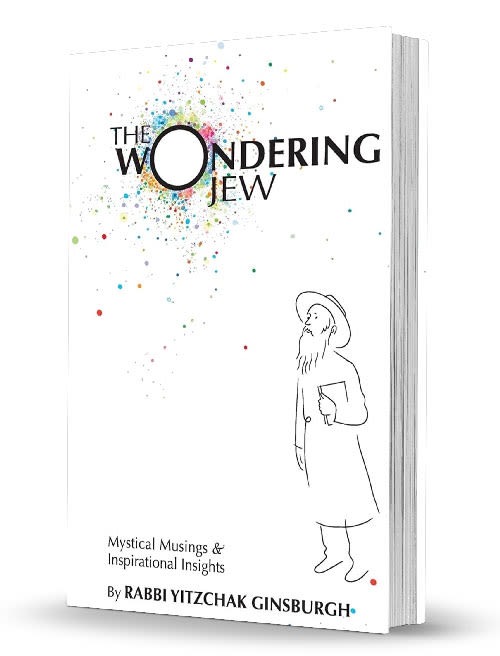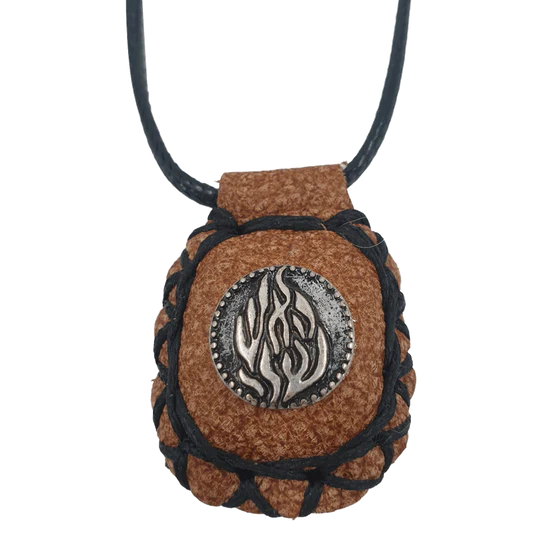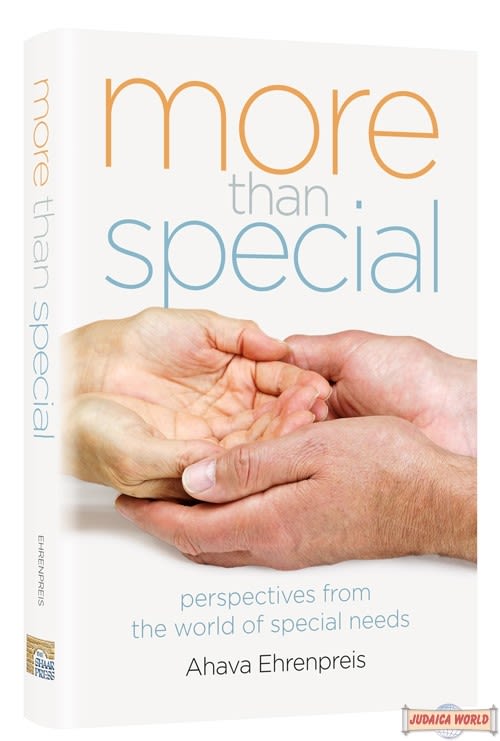
The Admission Ticket
The Zohar teaches that expressions of gratitude unlock the upper portals to our prayers. A person’s thanks are an admission ticket directly to the Heavenly Throne.

Translated by Rabbi Lazer Brody
In Forest Fields, Part 37
Each of us has his or her focal points in life which become important points for daily personal prayer. A Yeshiva student will naturally gravitate toward prayers for increased understanding and success in his Torah studies. A young man or woman that has come of age will be asking for a soul mate. People with health  issues will spend extra time talking to Hashem about their health. A smart businessman will seek Hashem’s advice in regards to his current investments and transactions. An overweight person with an uncontrollable appetite will devote time and effort in asking for Hashem’s assistance in overcoming his lust for food. All of us should be asking for emuna, for no single attribute so dramatically improves the quality of our lives like emuna does.
issues will spend extra time talking to Hashem about their health. A smart businessman will seek Hashem’s advice in regards to his current investments and transactions. An overweight person with an uncontrollable appetite will devote time and effort in asking for Hashem’s assistance in overcoming his lust for food. All of us should be asking for emuna, for no single attribute so dramatically improves the quality of our lives like emuna does.
 issues will spend extra time talking to Hashem about their health. A smart businessman will seek Hashem’s advice in regards to his current investments and transactions. An overweight person with an uncontrollable appetite will devote time and effort in asking for Hashem’s assistance in overcoming his lust for food. All of us should be asking for emuna, for no single attribute so dramatically improves the quality of our lives like emuna does.
issues will spend extra time talking to Hashem about their health. A smart businessman will seek Hashem’s advice in regards to his current investments and transactions. An overweight person with an uncontrollable appetite will devote time and effort in asking for Hashem’s assistance in overcoming his lust for food. All of us should be asking for emuna, for no single attribute so dramatically improves the quality of our lives like emuna does. To flow with the hour
To summarize, a person must persevere with his daily hour of personal prayer until it becomes second nature, for as Rebbe Nachman teaches us, hitbodedut is a virtue that surpasses all other virtues (Likutei Moharan II:25). The Zohar promises that those who do daily self-evaluation will never see a moment of purgatory.
No matter how successful or unsuccessful one’s daily hour of personal prayer may be, it still has the power to mitigate stern judgments. Hashem sees that a person is facing the challenge of setting aside an hour for personal prayer in attempt to get closer to Him, and whether or not the person speaks fluently or convincingly – even if he’s choked up and doesn’t speak at all – the mere desire to speak to Hashem atones for all sins and mitigates stern judgments.
Once a person becomes used to a daily hour of personal prayer, the hour seems to flow naturally, be it a weekday, Shabbat, or holiday.
* * *
Gratitude is the truest and strongest connection that a person can have with Hashem. As long as a person lacks gratitude, his relationship with Hashem will be lacking. Gratitude is not only the result of intellectual honesty and personal integrity; it’s the basis of emuna. A grateful person sees Hashem’s many favors and acts of loving-kindness and is therefore on a higher level of spiritual awareness than other people, for he recognizes Hashem’s Divine providence all around him. The grateful person more easily internalizes the principles of emuna, particularly that Hashem does everything for the best. People with gratitude are therefore happy and much better adjusted than those who lack gratitude.
Prayers of gratitude should be the opening segment of our personal prayer session, ahead of all other prayers including confession and teshuva.
Gratitude is a matter of common sense and basic decency. It’s only proper that a person should express appreciation for a gift, especially for the gift of life and livelihood. Saying “thank you” is the barest minimum show of gratitude. As such, we should be thanking Hashem constantly, for He’s doing favors for us constantly. It’s therefore no surprise that we say in the “Nishmat” prayer, “If our mouths were as full of song as the sea, and our tongues exultation as its many waves, and our lips praise as the breadth of the horizon, we can’t sufficiently thank You Hashem our G-d for even one of the thousands of thousands and tens of thousands of favors, miracles, and wonders that You did for our fathers and for us…”
In reality, no amount of thanks is sufficient payment for even one tiny favor that Hashem does for us. Nevertheless, we must try to show our gratitude the best way we can.
The Zohar teaches that expressions of gratitude unlock the upper portals to our prayers. A person’s thanks are an entry ticket directly to the Heavenly Throne. Gratitude silences the negative spiritual forces that are always honing in on people’s faults. Conversely, nothing invokes the negative spiritual forces – mekatregim – like ingratitude. Our sages say that a person with gratitude makes the world worthwhile.
Gratitude is the first step toward emuna. According to Jewish law (see Shulchan Aruch, Orach Chaim 222:3), a person must thank Hashem for the seemingly bad as well as for the good. One cannot possibly implement this obligation without internalizing the principle of emuna that teaches that everything Hashem does is for the very best. Once we know that everything Hashem does is for our ultimate welfare, we can thank Him for everything, good or otherwise. Rebbe Nachman of Breslev teaches us that when a person knows that everything in life is for the very best, it’s like living in paradise (Likutei Moharan I:4).
To be continued.













Tell us what you think!
Thank you for your comment!
It will be published after approval by the Editor.